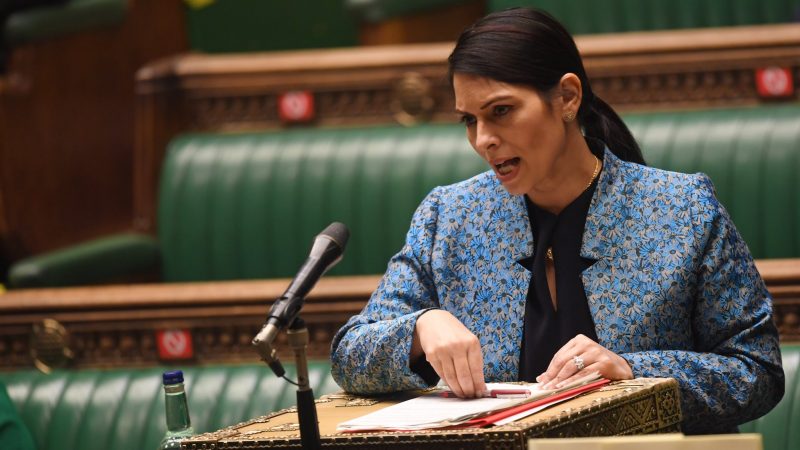
The right to protest is a fundamental freedom, a hard-won democratic tradition that we are deeply proud of. Throughout our history, protests have led to significant change in this country for the better.
This week, we debated the controversial clauses on public order in the police, crime, sentencing and courts bill. If the provisions in this bill had been in place, they could have stopped the suffragettes who marched for the right to vote, the children shouting loudly for action on climate change, and the people across the country from marching to remind people and establishments that Black lives matter.
The public order powers in this bill threaten the fundamental balance between the police and the people. They will hinder rather than help the police to do their job. They put way too much power into the hands of the Home Secretary. And they threaten our democratic right to peaceful protest.
Her Majesty’s Inspectorate of Constabulary and Fire and Rescue Services called for a “modest reset of the scales” on public order legislation in their recent report. These new protest powers would force the police to make political decisions about which protests they deem unlawful. This will put the police and the public in a difficult position and only create more flashpoints.
The police already have the powers, under the Public Order Act, to break up protests that cause harm or “serious public disorder, serious damage to property or serious disruption to the life of the community”. The new measures in this bill targets protesters for causing “serious unease”, being too noisy and causing “serious annoyance”. The vague terms create a very low threshold for police-imposed conditions.
The point of protest is to capture people’s and the government’s attention. Sometimes protests are noisy, sometimes they are annoying, but they are as fundamental to our democracy as parliament is, and as the courts are.
Former Prime Minister and Home Secretary Theresa May was right when she said at second reading that these proposals are concerning and risk going against the right to freedom of speech. She went onto to say: “It is tempting when Home Secretary to think that giving powers to the Home Secretary is very reasonable, because we all think we are reasonable, but future Home Secretaries may not be so reasonable.” Priti Patel broke the ministerial code – can she really can be trusted to act ‘reasonably’?
It is an extremely alarming prospect for the Home Secretary to be able to decide that a protest, perhaps one outside the Home Office itself, should be illegal because the noise is disturbing for those working inside.
It would be of great concern if this government got away with passing laws to protect those in power from protest and public criticism. Labour will always be a party that preserves the right to protest. Not because we want to see disorder, but because we believe in those Peelian principles. The police are the people and the people are the police.
These public order clauses are nothing more than a partisan power grab by a Conservative party that no longer believes in the right of the people to disagree.




More from LabourList
‘Tackling poverty should be the legacy of Keir Starmer’s government’
‘The High Court judgment brings more uncertainty for the trans community’
‘There are good and bad businesses. Labour needs to be able to explain the difference’